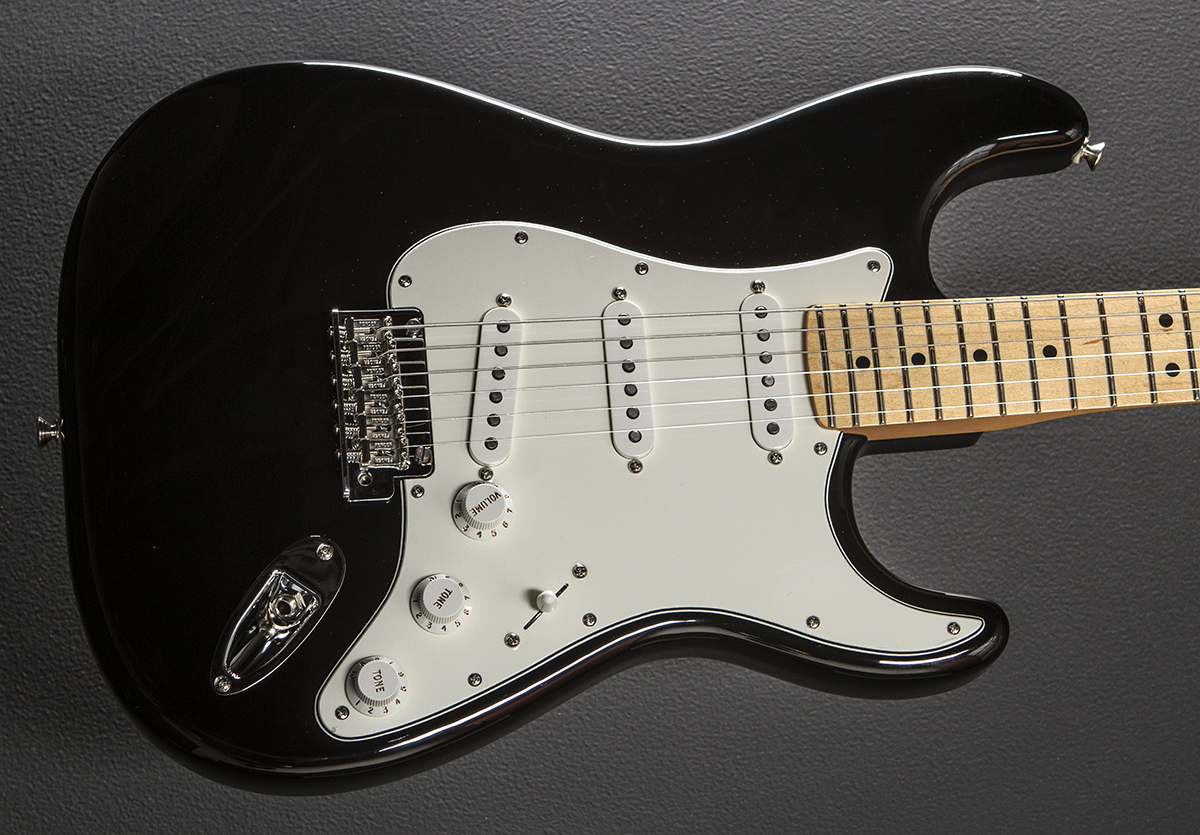Contents
If listening to music is one of the pleasures in life, then so is playing it. Playing an instrument certainly brings joy, no matter the age, and of course a sense of accomplishment, which goes to show why it’s one of the dreams of many. Now that electric guitars are having their great comeback, why not give them a try? Even if you don’t turn into a famous rock star, you could still entertain at home.
Sure, you’ve heard the story of acoustic being easier to play but due to the characteristics of electric guitars, such as thinner strings, technology producing quality sound, and a neck that allows for better grasp, we might as well say they make for more comfort when playing, something that’s essential for beginners; come to think of it, this makes them easier to play than acoustic guitars!
However, choosing from the wide range of electric strings might be a bit of a daunting task, so here are some steps to help you out because you’d have to change them often if you play frequently to get the new look and sound, yet how often (whether in a couple of months or annually) is a matter of preference!

The Gauge
Sure, electric guitars have amplifiers and effects to improve the sound, but it still comes down to the strings in terms of playability and tone which leads us to the primary choice you’d have to consider: the gauge, i.e. the thickness of the string. Available in light to heavy gauge, you can choose from a variety of electric strings, the lightest being the eight (.008) and the heaviest being the fifty-six (.56).
There are different gauges with reason; the lighter they are, the easier it is to play, so they make a great option for beginners as there isn’t that much tension and not as much pressure is needed to fret. However, they are easier to break and produce less volume, so decide well between these factors when purchasing.
The Materials
The strings are made of several materials, like stainless steel and nickel or alloys of steel and nickel. You can make your pick depending on the tone you wish to produce. For example, if you’re up for bright then pure stainless steel is the option to go for as opposed to the pure nickel for warmer sounds. The alloys are ideal for those who want brighter but not exactly pure steel bright.
Considering when we play we expose strings to sweat and oils, you might want to go for the more durable coated alternative; though it is a bit more expensive than the rest, it’s resistant to corrosion and lasts longer.

